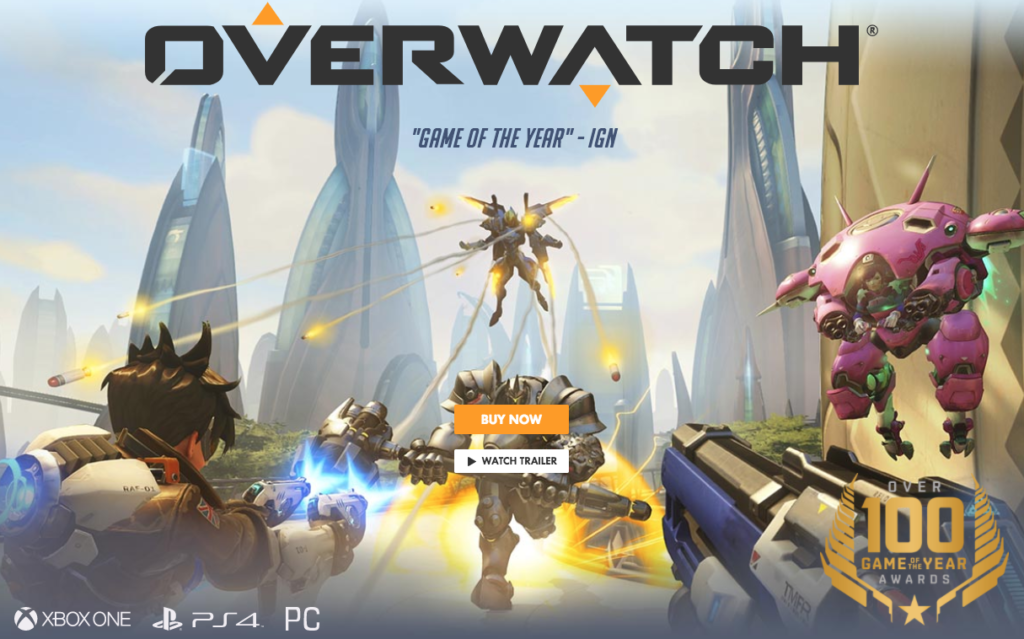 I’ve been thinking about how game worlds are these socialist utopias, where all players start out equal, and social engineers continually tinker with the rules to produce the desired outcome. Maximum fun, for the maximum number.
I’ve been thinking about how game worlds are these socialist utopias, where all players start out equal, and social engineers continually tinker with the rules to produce the desired outcome. Maximum fun, for the maximum number.You get the same kit ,the same raw stats or the ability to allocate some underlying stat, and convert it into stuff you use in gameplay. Subsidized game consoles are part of this; everyone locked into uniform hardware, subsidized by the whole gaming system.
Libertarian gamers are often infuriated by unlockable content— people converting cash into game abilities, or even game ornamentation. This is how the real world’s inequality leaks into the game world, and most of them respond with abject horror to this kind of thing. It’s instinctive. Without their ideological blinders in place, they feel how wrong this is.
They know, as every socialist knows, that games work better when all the people playing are given equal footing to play, and compete, and improve. This kind of game catches up the most players, and so ends up with the most resources, and the best players win, or at least the ones most dedicated to the game, who think a certain way.
Today’s networked games are different than the first dozen generations of cartridge and disk-based releases. Today’s game code base is fluid, in constant flux. Many of the hottest games, like Overwatch, are network only. This means that _all the gameplay_ can be studied by the game makers, and the game makers tweak characters, tools and maps to produce funner and more fair play.
What is fun in a game?
Freedom to find your own way to succeed with a variety of tools is fun.
Diversity, seeing all the different ways that people figure out how to succeed, is fun.
Working with others to succeed as a group, combining the different strengths of different strategies, is the pinnacle of fun.
If there is one strategy, one character, one weapon, that is too strong, that is overpowering, everyone jumps on that, uses that–hell, you have to, to win– and the game gets boring. Identical characters striding around doing virtually identical things. Maybe all gameplay gets reduced to how fast you twitch a single muscle.
Picture: White guys in identical mad-men suits giving each other power point in endless all day meetings.
No. Fun. At. All.
So the game designers “buff” or “nerf” characters and weapons, to find balance, to produce diversity. They tweak maps, to get rid of obvious strategies, choke points that make play uniform, dull. That reward only a single kind of play, forcing people into single strategies.
Everything I’ve said, about the gameworld, needs to be done with capitalism, now, to keep it working.
And it can be done.
We can see how to do it.
With games.
First and foremost and most simply, get everyone the ability to play on an equal footing. In the real world that’s education, housing, network access, and healthcare.
But you say, if we make all of that free, socialized, who will play at all?
Look at games.
People play because they love to play. Not because they have to.
As long as they think the game is fair. And the game makers continually upgrade the code, to keep the game fun.
Utopia is staring us in the face.
The future isn’t the dignity of work.
It’s the joy of the game.
